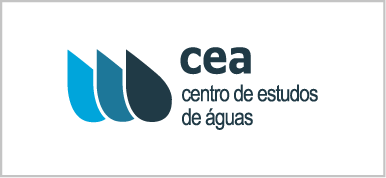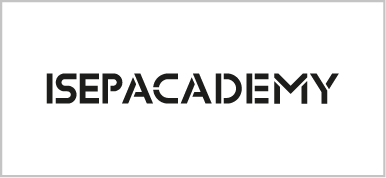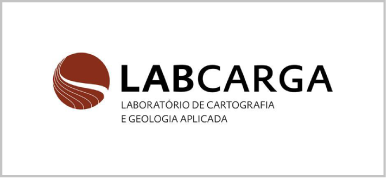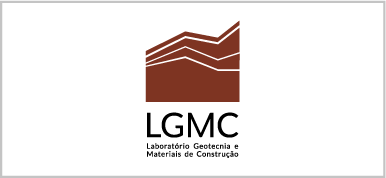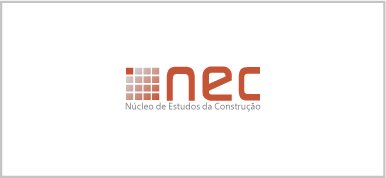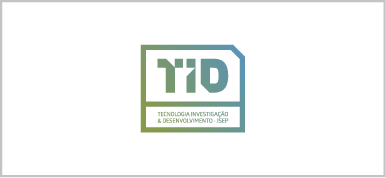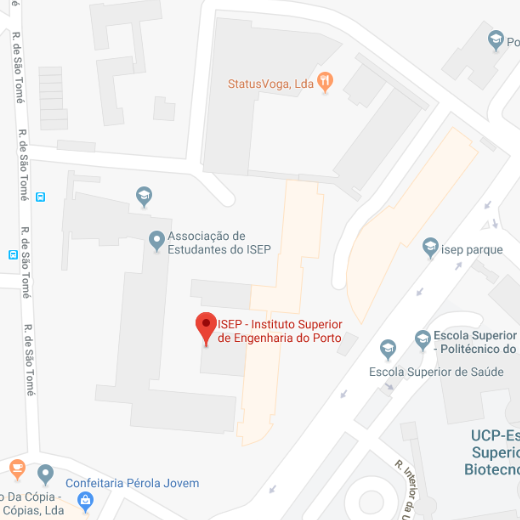
Abstracts
KAUSER JAHAN
Abstract
This presentation will focus on developing inclusive curriculum. Inclusive teaching strategies are gaining momentum globally. Inclusive teaching strategies are based on making all students in the classroom feel valued and equal contributors. Strategies are based on developing curricular material that addresses students from a diverse background (socio-economic status, race, gender, ethnicity, preferred orientation) and varying learning abilities. Research has shown that inclusive teaching strategies allow instructors to engage and bond with their students and the students bond with the course content. Inclusive curriculum content also helps enhance the overall student experience in the classroom and makes the course content personal and relevant. The Civil Engineering department at Rowan University in New Jersey, USA received two NSF grants to develop and integrate inclusive curriculum in their core engineering courses. This presentation will share tips on developing inclusive course content. Measures taken for our Civil Engineering core courses included rewording problems, project assignments, and presentations. The content was drawn from global examples instead of just western examples of technological feats. Ethical issues, social and racial injustices were also integrated in the course content. Assessment of the courses will also be presented.
_____________________________________________________________________________________________
RADOVAN KACIN
Abstract
In ---
_____________________________________________________________________________________________
NAHREEN MAJED
Abstract
Traditional teaching and learning method makes an apparent disconnection between the Engineering students and the instructors to link with the content, the curriculum providing less flexibility to satisfy the needs at both ends. Skill sets other than those of knowledge-based remain undernourished for the graduates to eventually fail in meeting the expectations to put the concepts in practice in reality. Through true transformation of mindset and innovative teaching strategies, Agile Teaching and Learning Method is believed to bring about the changes that could tackle the challenges associated in communicating the engineering concepts. Agile Scrum concepts have been applied in this case study in both bachelors and masters courses under Civil and Environmental Engineering field. This application under research seeks to validate the efficacy of Agile mindset in promoting the overall engagement, participation and collaboration among the students in an otherwise intensive, monotonous and instructor focused Engineering course teaching.
_____________________________________________________________________________________________
SARAH PAIKIN
Abstract
Learn how an Agile mindset is necessary for the modern world and the modern learner. Explore how to utilize Agile and Scrum frameworks and practices in order to facilitate learning.
_____________________________________________________________________________________________
KONSTANTINOS PETRIDIS
Abstract
In ---
_____________________________________________________________________________________________
HANA SIDDIQUEE
Abstract
While various tools and services can help student success, agile education proves to be an exceptionally effective way to increase student retention. This case study is a proven method for teaching and learning that boosts student motivation in higher education.
Learn
_____________________________________________________________________________________________
MIRELA VINEREAN-BERNHOFF
Abstract
In the talk, we plan to present two ongoing projects addressing the need to improve mathematics teaching for engineering students. Solving tasks is central when studying mathematics. The task itself, and how easy or difficult it is to solve the task gives information on both students’ progress and their potential.
The first project is about both identifying tasks where students need more support, and identifying students who need more challenges to develop their full potential. To achieve the goal, we develop a digital tool and implement it in the local Learning Management System (LMS). The effect of the project is measured over time as a continuous feedback from the students' work. The students are asked to use the digital tool to self-evaluate their work on recommended tasks, which then provides statistics over the students’ progression working with the tasks. The teachers use the information to formatively adapt the teaching.
The second project concerns assessment in mathematics courses for first year engineering students. The project examines how the combined use of computer-aided assessment systems and dynamic mathematics software environments – both already widely used on their own – can support the development and assessment of higher-order mathematical skills by automating provision of appropriate feedback to students. A particular motivation for the project is the recognized challenge that many students experience when entering university mathematics courses. By developing design principles for innovative technology-rich teaching practices with a particular focus on feedback of high quality the project will address this issue.
_____________________________________________________________________________________________
GEOFFREY WAKE
Abstract
Central to students’ learning of mathematics in and for engineering is their relationship with mathematics and their changing experience of mathematics as a subject/discipline as they transit from pre-university to university study. In this presentation I explore this transition drawing on data from two major research projects that investigated this. In particular I explore modelling as a mathematical practice by drawing on illustrative accounts on either side of this important transition boundary. Cultural Historical Activity informs analysis of the case studies developed of both institutions and individuals. Findings are interpreted to better understand how we might structure teaching to support students as they move from learning mathematics (pre-university) to learning to use mathematics effectively in pursuit of their study of engineering at university. The accounts of classroom and lecture activity illustrate how ‘doing mathematics’ is mediated in different ways ensuring that students experience modelling and applications as mathematical practices very differently in each situation and understand how they may experience difficulties in transition both ‘vertically’ in progression over time and ‘horizontally’ between activity systems in which they participate concurrently, that is in both mathematics and engineering classes
_____________________________________________________________________________________________
instituto superior de engenharia do porto
Rua Dr. António Bernardino de Almeida, 431
4249-015 Porto, Portugal





























